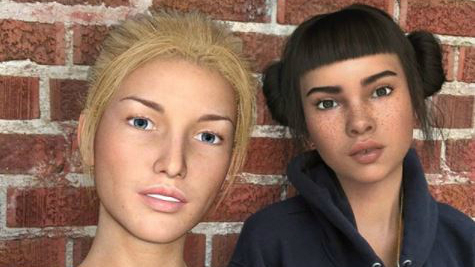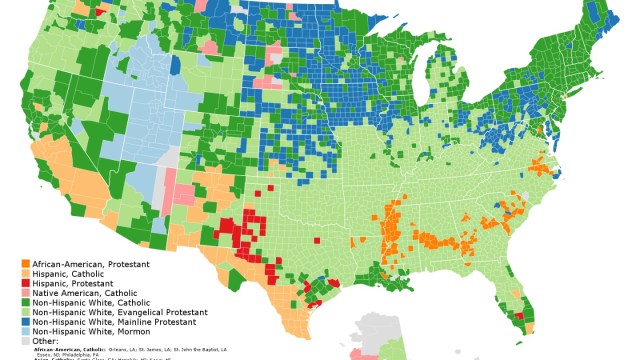These 2 feuding ‘Insta-fluencers’ are phony. No really—they’re not human.
An ongoing feud between two non-human Instagram “influencers” took a strange turn last week when one account claimed to reveal the company controlling the drama.

Sign up for Big Think on Substack
The most surprising and impactful new stories delivered to your inbox every week, for free.
An ongoing Instagram feud between two non-human accounts took a strange turn last week when the pair met up “in real life.”
The drama began when 19-year-old Brazilian-American model, musician, and online personality Lil Miquela, known by her 1 million followers as @lilmiquela, had her Instagram account “hacked” by Bermuda, aka @bermudaisbae, a blonde Trump-supporting model with 64,000 followers.
“You can’t have your account back until you promise to tell people the truth,” Bermuda wrote.
That “truth” was later revealed by Lil Miquela in an Instagram post.
Sign up for Big Think on Substack
The most surprising and impactful new stories delivered to your inbox every week, for free.




